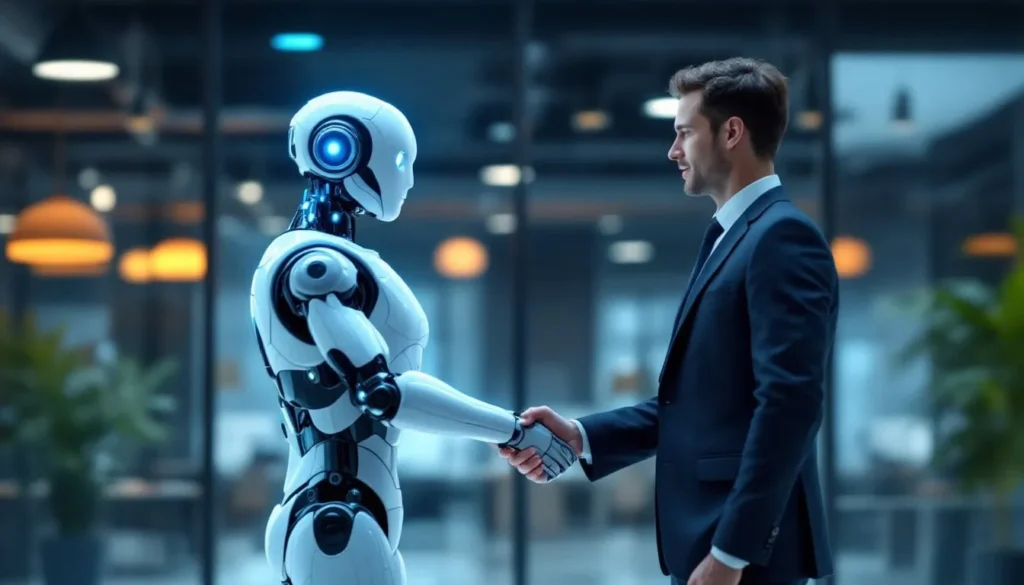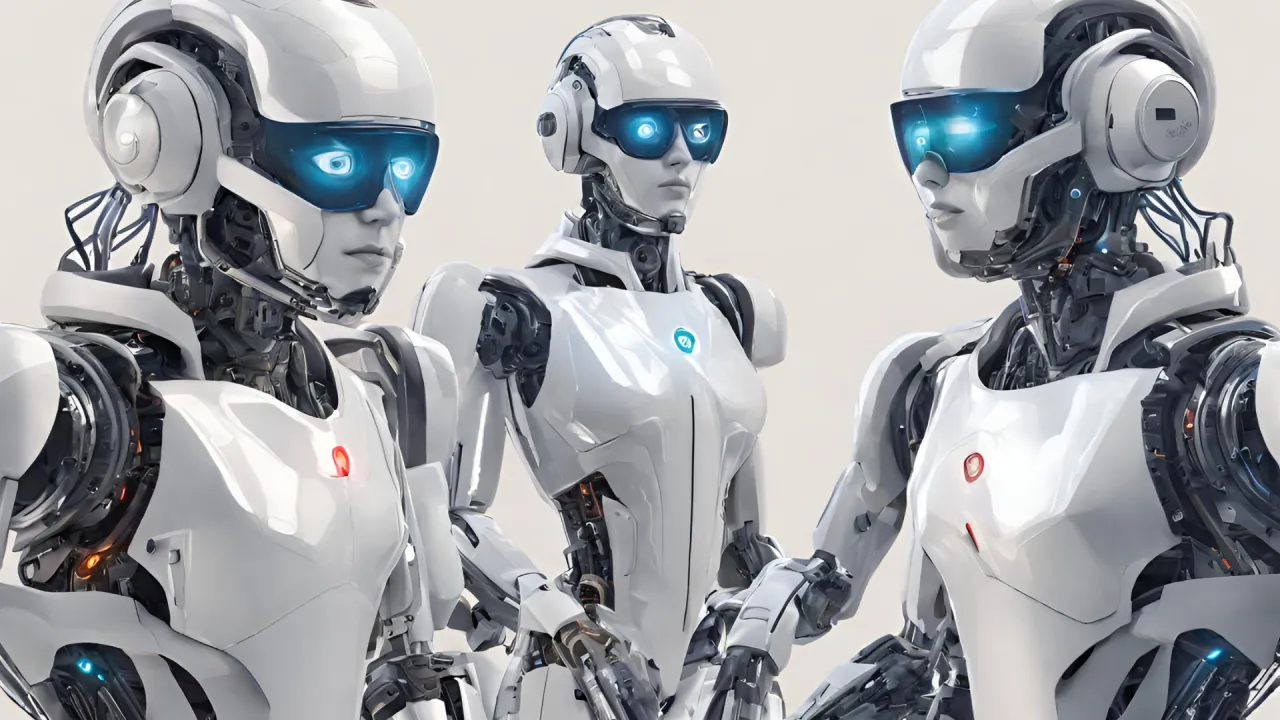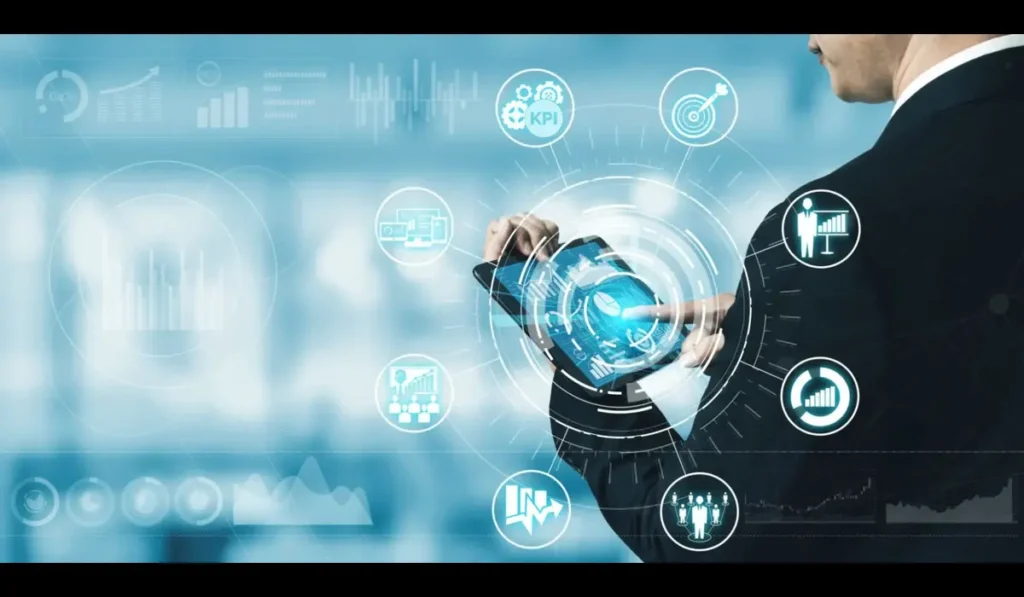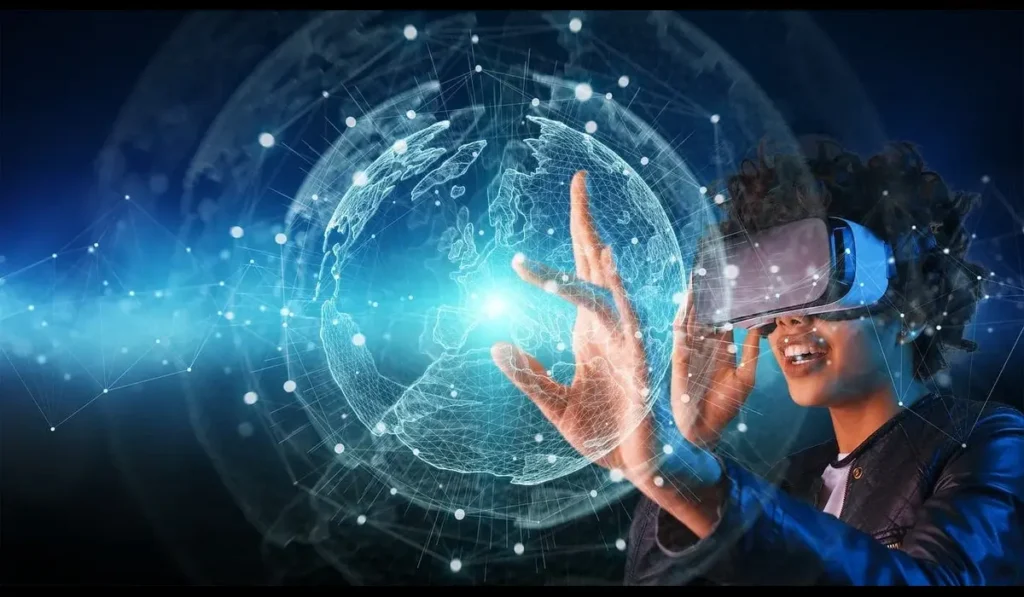In 2025, artificial intelligence will no longer be a backstage tool quietly optimizing systems. It has taken center stage in the form of AI agents—autonomous digital workers that can think, act, and adapt independently to accomplish complex tasks. These AI agents are not just supporting humans; in many cases, they’re replacing repetitive knowledge work, managing digital processes, and interacting with users in real-time.
This transformative shift marks the beginning of the age of autonomous tech—a period in which software doesn’t just execute instructions, but understands context, sets goals, and operates across platforms and interfaces like a human assistant, only faster and cheaper.
So, what exactly are AI agents? How are they changing business, labor, and daily life? And what challenges lie ahead as we embrace this bold new frontier?
What Are AI Agents?
AI agents are autonomous, task-oriented digital entities powered by large language models (LLMs), machine learning, and decision-making frameworks.
- Understand complex natural language input
- Make real-time decisions based on changing conditions
- Interact across multiple apps and systems
- Learn from outcomes and refine their behavior
- Perform multi-step tasks with minimal human intervention
They can be embedded in apps, operate in the cloud, or even act as standalone services. Think of them as digital co-workers or personal assistants—only they don’t need rest, don’t make typos, and never miss a deadline.

Key Capabilities in 2025
By mid-2025, AI agents will have evolved well beyond simple chatbot functionality. They can now:
- Book travel, manage schedules, and send follow-ups autonomously
- Write, test, and debug software code using advanced developer tools
- Analyze customer behavior and adjust marketing campaigns in real time
- Handle customer service tickets across languages and channels
- Monitor business metrics, generate reports, and suggest actions
- Serve as online life coaches, therapists, or tutors.
Popular agent platforms like AutoGPT, OpenAI’s GPT Agents, Anthropic’s Claude agents, and enterprise-specific tools from Microsoft and Google have accelerated this adoption. Many organizations are now building custom AI agents for internal use, streamlining operations while saving thousands of hours of manual labor.
Industries Being Transformed
1. Business and Enterprise
In corporate settings, AI agents are automating administrative, financial, and customer-facing tasks.
- HR departments use agents to screen resumes, schedule interviews, and draft onboarding materials.
- Agents are used by finance teams to create budgets, reconcile transactions, and identify irregularities.
- Marketing teams rely on content generation that creates emails, blogs, and social posts tailored to specific demographics.
Some startups are even building companies around a small team of humans supported by dozens of AI agents, managing operations that once required dozens of employees.
2. Customer Support
Gone are the days of long wait times and frustrating bot scripts. AI agents now handle:
- Live chat inquiries
- Troubleshooting
- Returns and refunds
- Escalation to human reps—only when necessary
They’re available 24/7, adapt to customer tone, and are trained on company policies and previous support logs. This is saving businesses millions annually while enhancing user satisfaction.
3. Education and Personal Development
AI learning are now acting as:
- Personal tutors who adapt to a student’s pace and style
- Writing coaches provide feedback in real time
- Language partners offering immersive conversation practice
- Exam preppers are building custom study plans and quizzes
Platforms like Khanmigo, Duolingo Max, and private tutoring apps now rely on intelligent to offer low-cost, high-quality education at scale.
4. Healthcare and Mental Wellness
While AI is not replacing doctors, healthcare agents assist with:
- Appointment scheduling
- Patient intake forms
- Real-time translation for non-native speakers
- Post-care reminders
- Medication management
Mental health apps also use to offer daily emotional check-ins, guided CBT techniques, and mindfulness coaching, expanding access to mental health support.
5. Personal Life and Productivity
AI agents now live inside smartphones, smartwatches, and voice assistants—managing everything from grocery lists to workout routines. They can:
- Order food based on diet preferences
- Plan travel within budget
- Remind users to hydrate, stretch, or breathe
- Draft birthday messages or handle RSVP emails
This is the dawn of the AI concierge lifestyle—where everyday tasks are handled before you even think of them.
The Rise of Agent Ecosystems
A major trend in 2025 is the emergence of agent ecosystems—networks of interoperable AI agents that collaborate to complete larger tasks.
For example, booking a vacation might involve:
- A budgeting agent calculates your available funds
- A travel agent compares flights and hotels
- A scheduled agent syncing with your calendar
- A communication agent emailing confirmations and syncing itinerary apps
These agents coordinate like a digital team—completing in minutes what might take a human hours.

The Ethical and Practical Challenges
Despite their strength, AI agents present serious issues:
1. Job Displacement
While boosting productivity, many administrative and knowledge work roles are being automated. Companies and governments face growing pressure to:
- Retrain workers for higher-value tasks
- Reimagine the workforce of the future
- Ensure inclusive access to AI tools
2. Security and Misuse
Autonomous handling of sensitive data must be secure. Risks include:
- Unauthorized actions (e.g., sending emails to the wrong recipients)
- Manipulation by malicious prompts or external actors
- Data breaches via insecure agent environments
Responsible deployment includes clear oversight, role-based access, and transparency in how decisions are made.
3. Reliability and Bias
Agents trained on flawed or biased data may replicate those issues. Real-world consequences—like misinterpreted customer needs or wrong recommendations—require continuous monitoring and improvement.
4. Loss of Human Intuition
Delegating too much to AI may erode human judgment. There’s a growing call for “human-in-the-loop” systems that assist, but don’t entirely replace, human decision-makers—especially in healthcare, law, and education.
Looking Ahead: What’s Next for AI Agents?
Over the next one to three years, we can anticipate:
- Voice-first agents to become household norms, replacing apps and browsers
- Emotional AI integration, allowing agents to respond empathetically to tone and mood
- Multi-modal reasoning, where we analyze video, speech, and text together
- Agent marketplaces, where users subscribe to or hire specialized agents for creative, legal, or technical tasks
Ultimately, we’re headed toward an agent-first digital economy, where AI is not just a productivity tool, but a digital teammate, coach, assistant, and creative partner.
Related Blog: Alcaraz Eyes 3‑Peat: Wimbledon 2025 Championship Run
Final Thoughts: From Tools to Teammates
2025 is not just the year of AI—it’s the year AI becomes autonomous, accessible, and active in our everyday workflows. The rise of AI agents represents a seismic shift: from static tools to dynamic collaborators.
The question for businesses, educators, governments, and individuals isn’t whether to use AI agents—it’s how to use them wisely. Those who understand and adapt to the age of autonomous tech will be the ones who lead in this new era.




